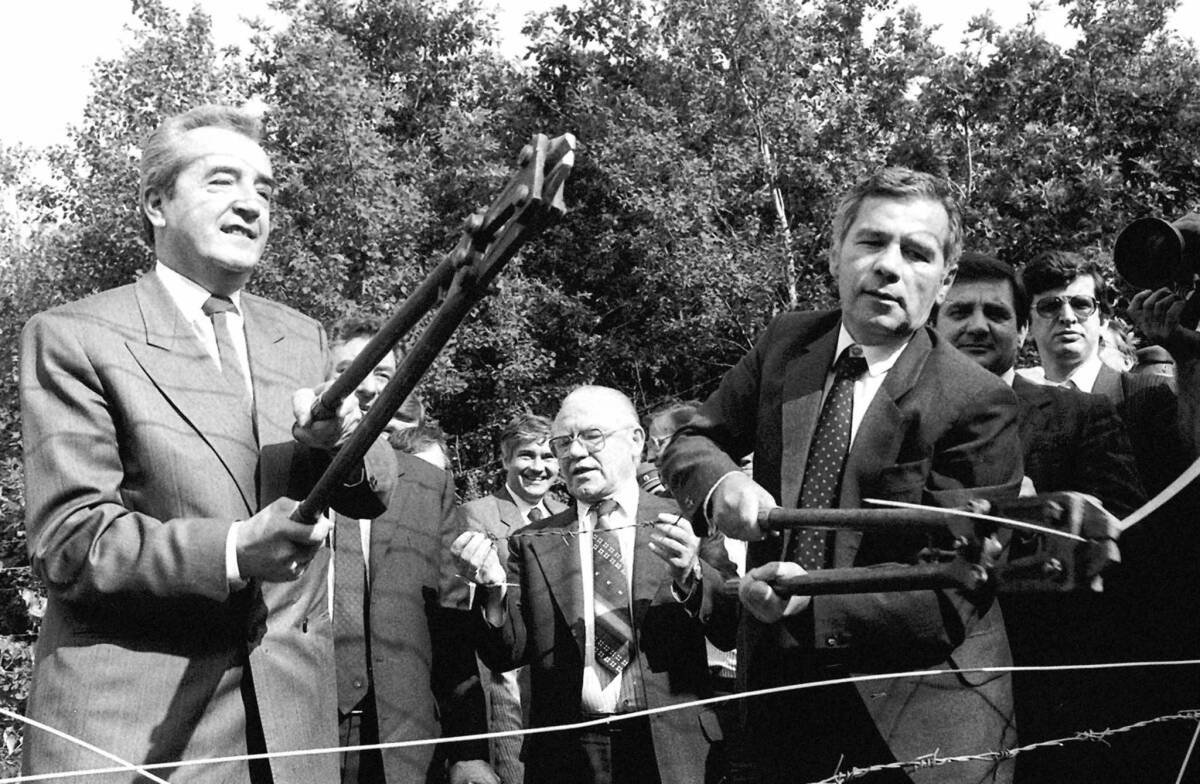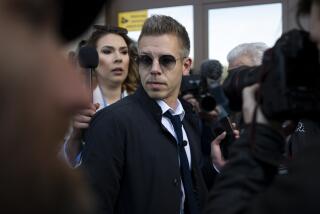PASSINGS: Gyula Horn

Gyula Horn, 80, a former Hungarian prime minister who played a key role in opening the Iron Curtain, died Wednesday, the Hungarian government announced. He had been hospitalized in Budapest for several years.
He was best known internationally for his announcement as foreign minister in 1989 that Hungary would allow East German refugees to leave the country for West Germany, one of the main events that helped end communism in Eastern Europe.
Tens of thousands of East Germans had traveled to Hungary in the spring and summer of 1989 as expectations mounted that the more moderate Communist country might open its borders to the West.
“Gyula Horn literally cut open the Iron Curtain that had divided Europe for 40 years,” Guido Westerwelle, Germany’s foreign minister, said this week. “We are taking leave of a great European who did the right thing at a decisive moment in European history.”
At home, however, Horn faced bitter criticism, especially for having spent several months in an armed communist militia after Hungary’s anti-Soviet Revolution of 1956. He claimed he never fired his weapon as a member of the militia.
The third of eight siblings, Horn was born July 5, 1932, in Budapest and grew up there in dire poverty. His father was killed in 1944 and a brother in 1956, both because of communist affiliations. By age 11, Gyula — pronounced “JOO-la” — was a family bread-winner, he later wrote.
A promising student, the Communist Party sent Horn to accounting school in Rostov, Russia. Upon his return in 1954, he joined the finance ministry and then the diplomatic ranks before beginning his climb within the Communist Party’s department of foreign affairs in 1969.
In 1990 Horn began to serve as president of Hungary’s Socialist Party, which he had helped shape out of the ruins of the former Communist Party. Four years later the party won a majority in the elections and Horn became prime minister, serving until 1998.
— Los Angeles Times staff and wire reports
More to Read
Start your day right
Sign up for Essential California for the L.A. Times biggest news, features and recommendations in your inbox six days a week.
You may occasionally receive promotional content from the Los Angeles Times.






